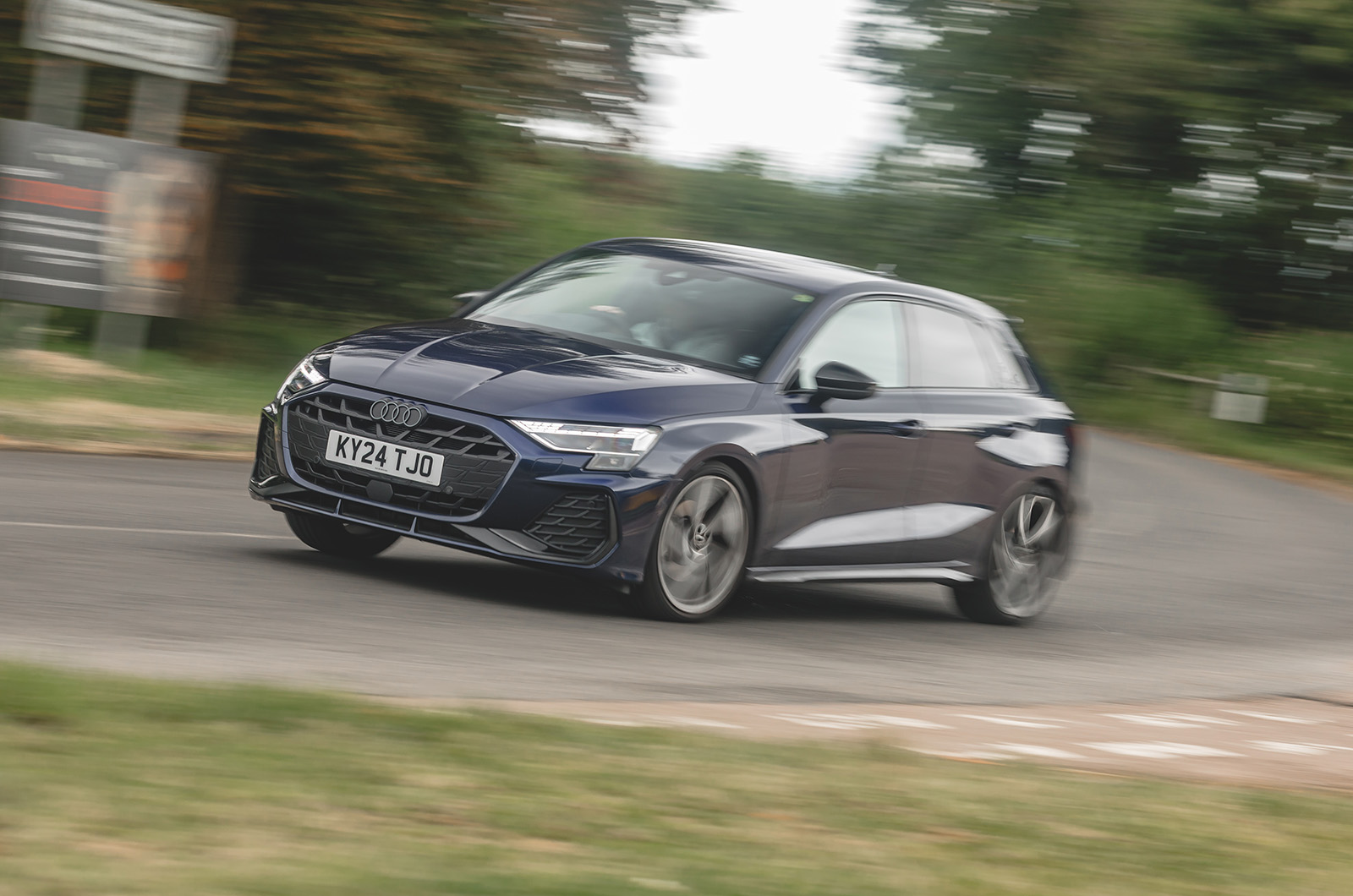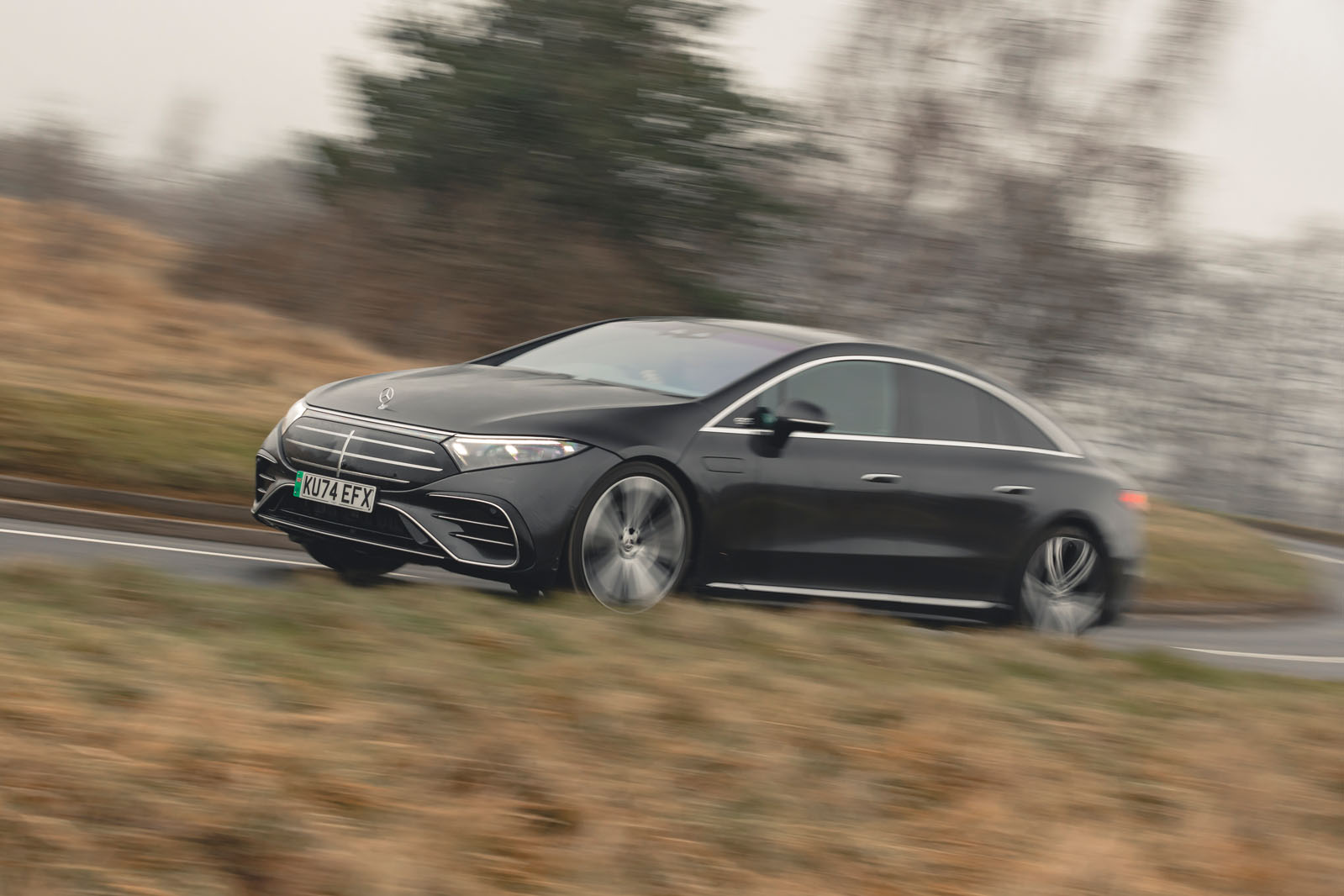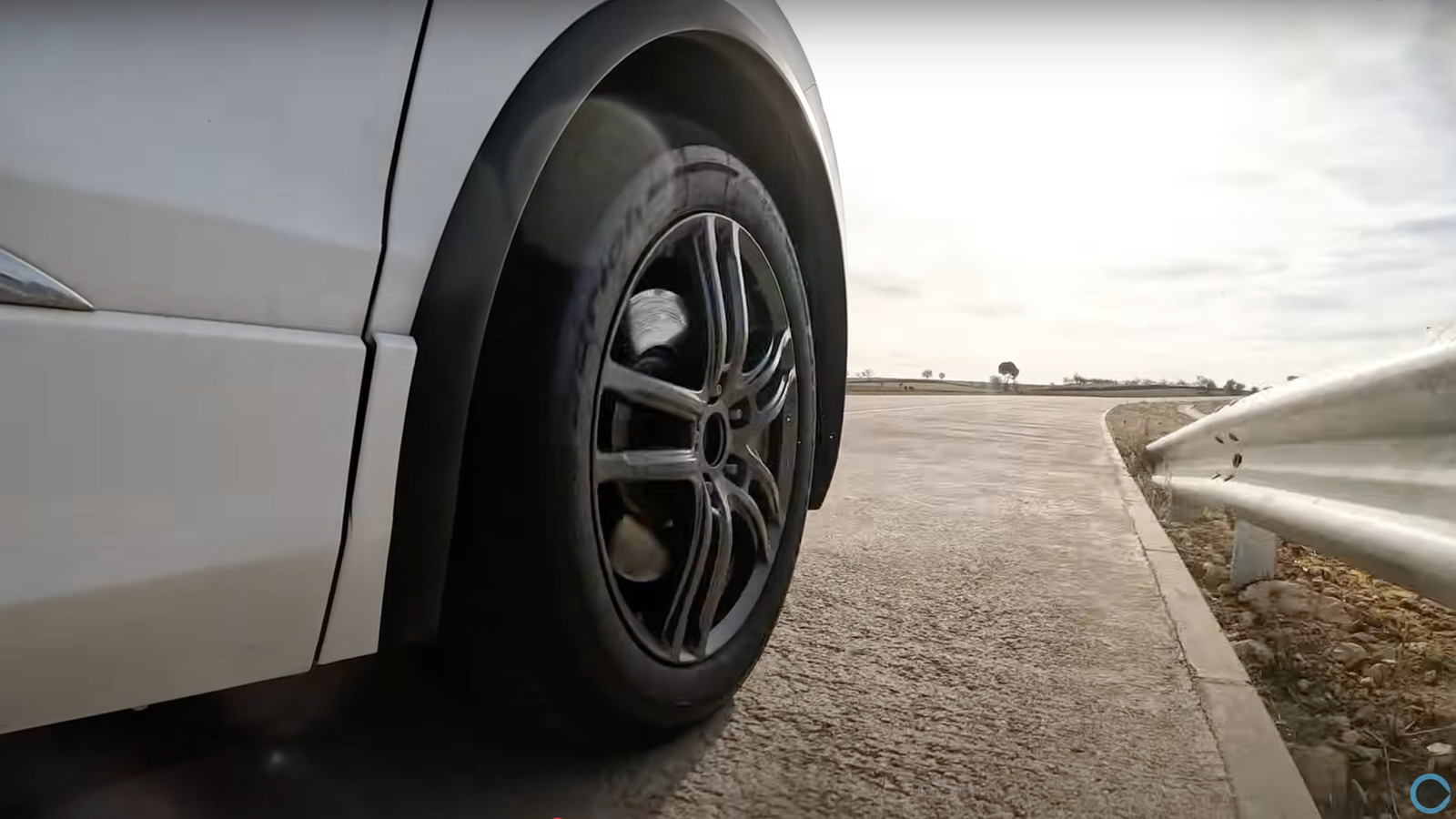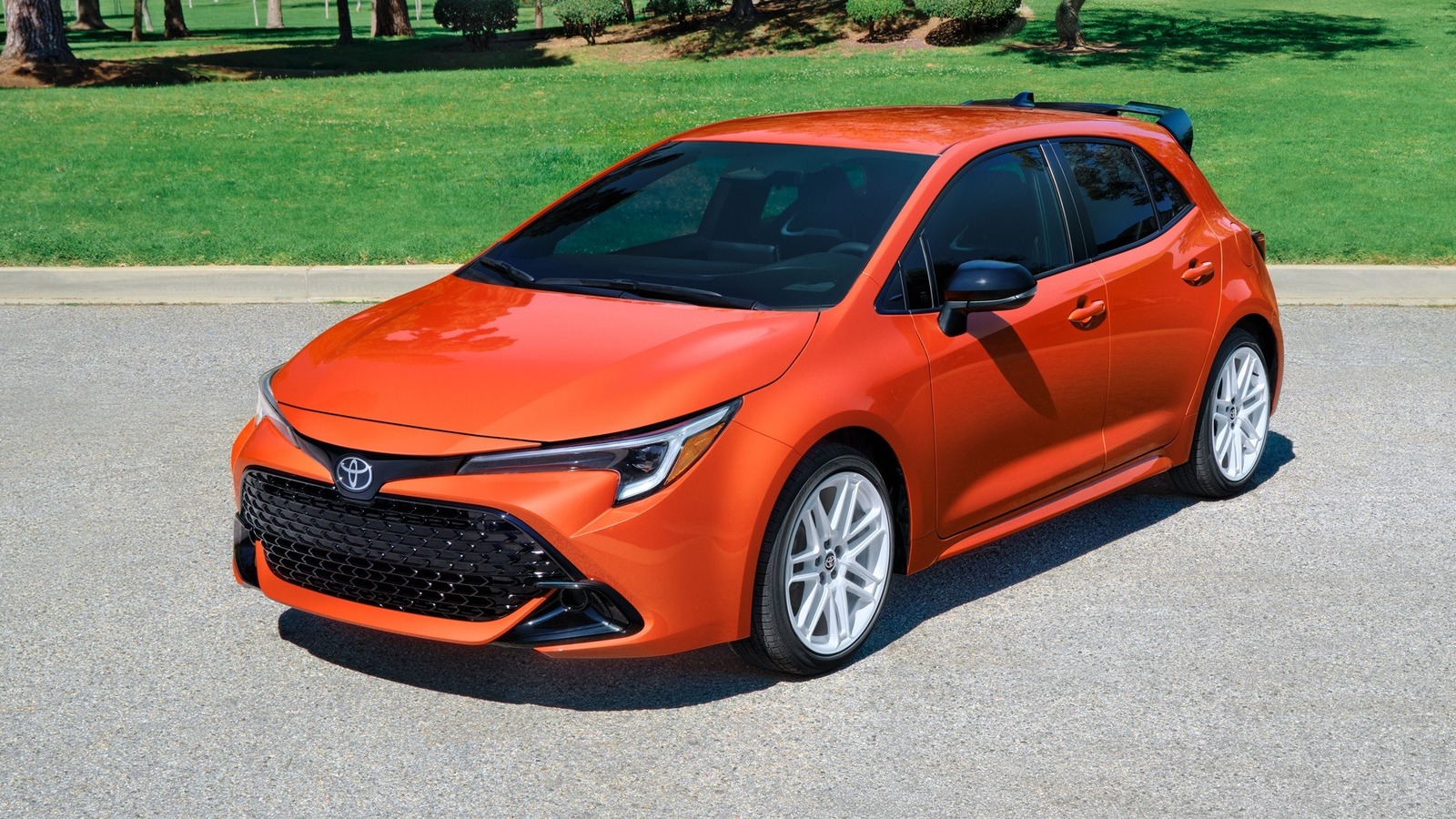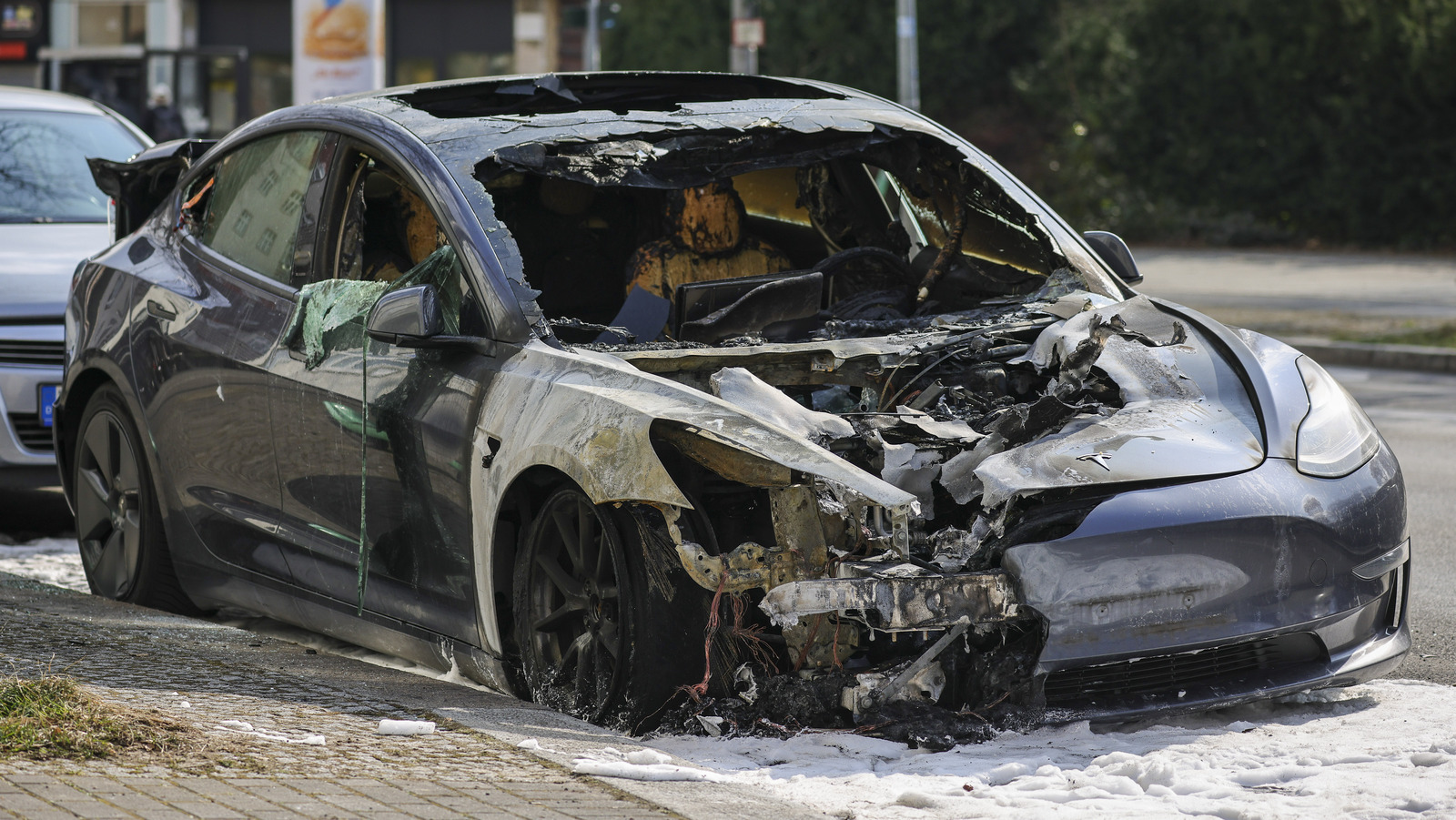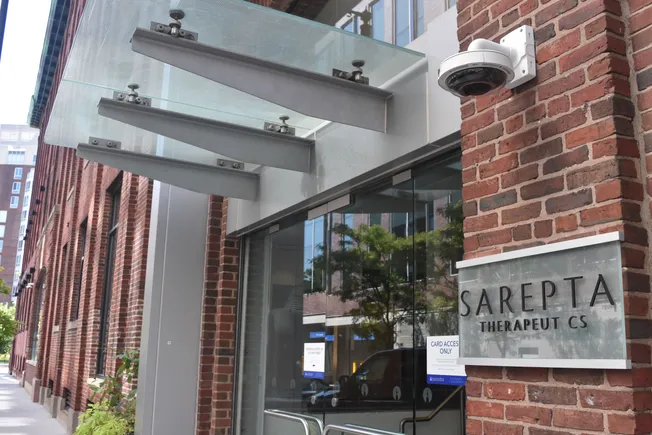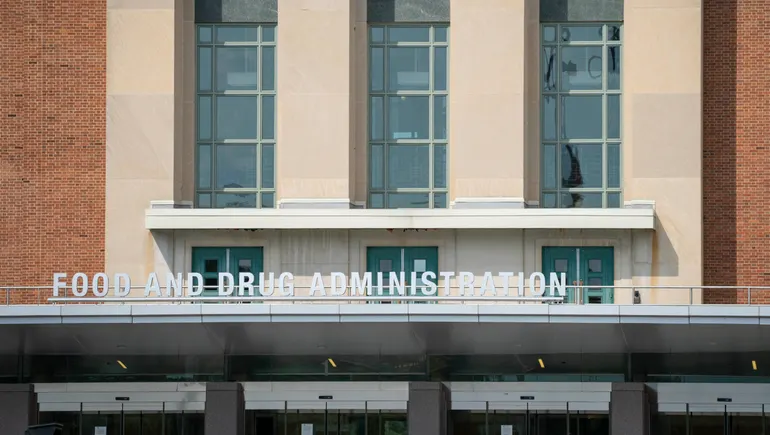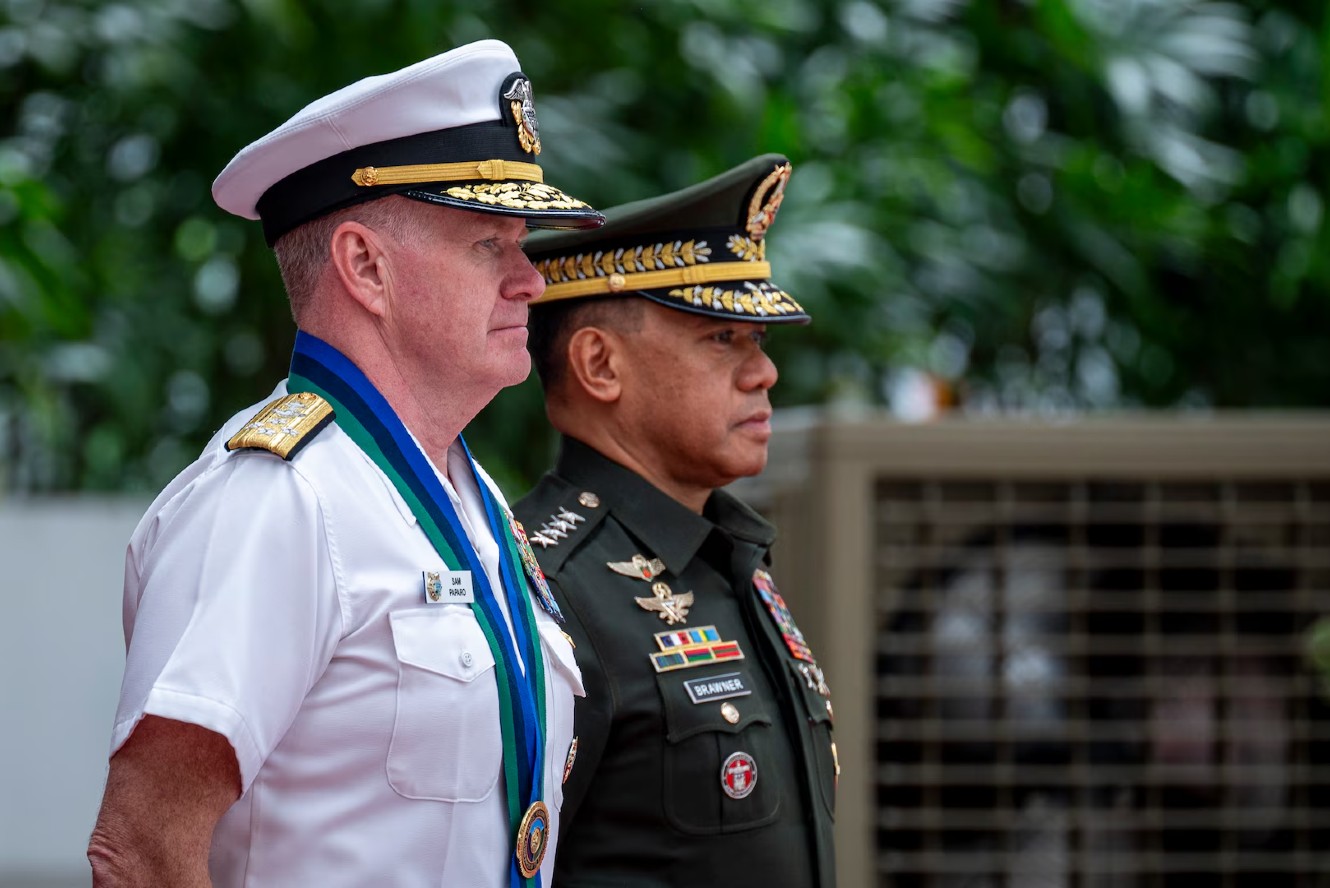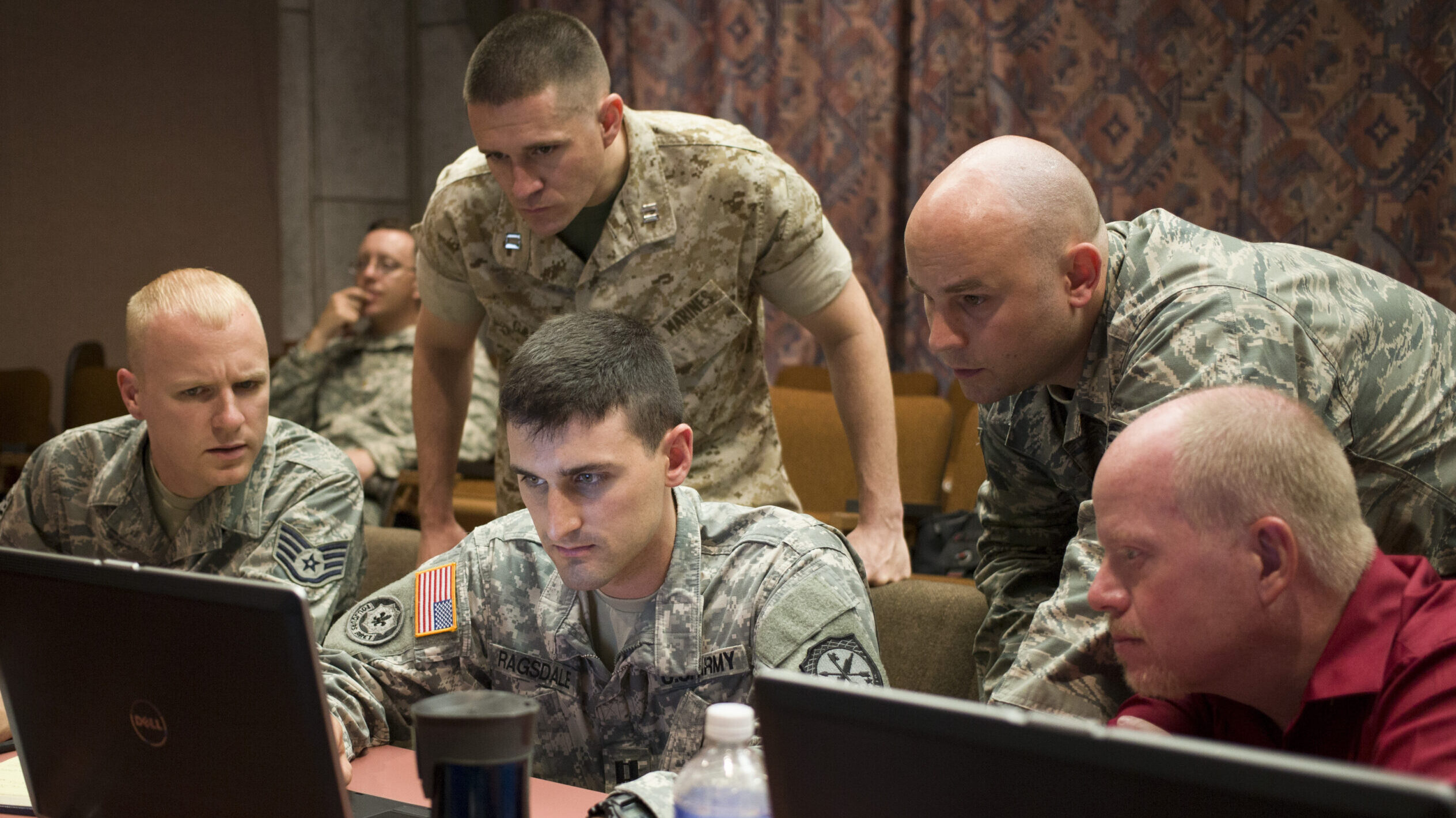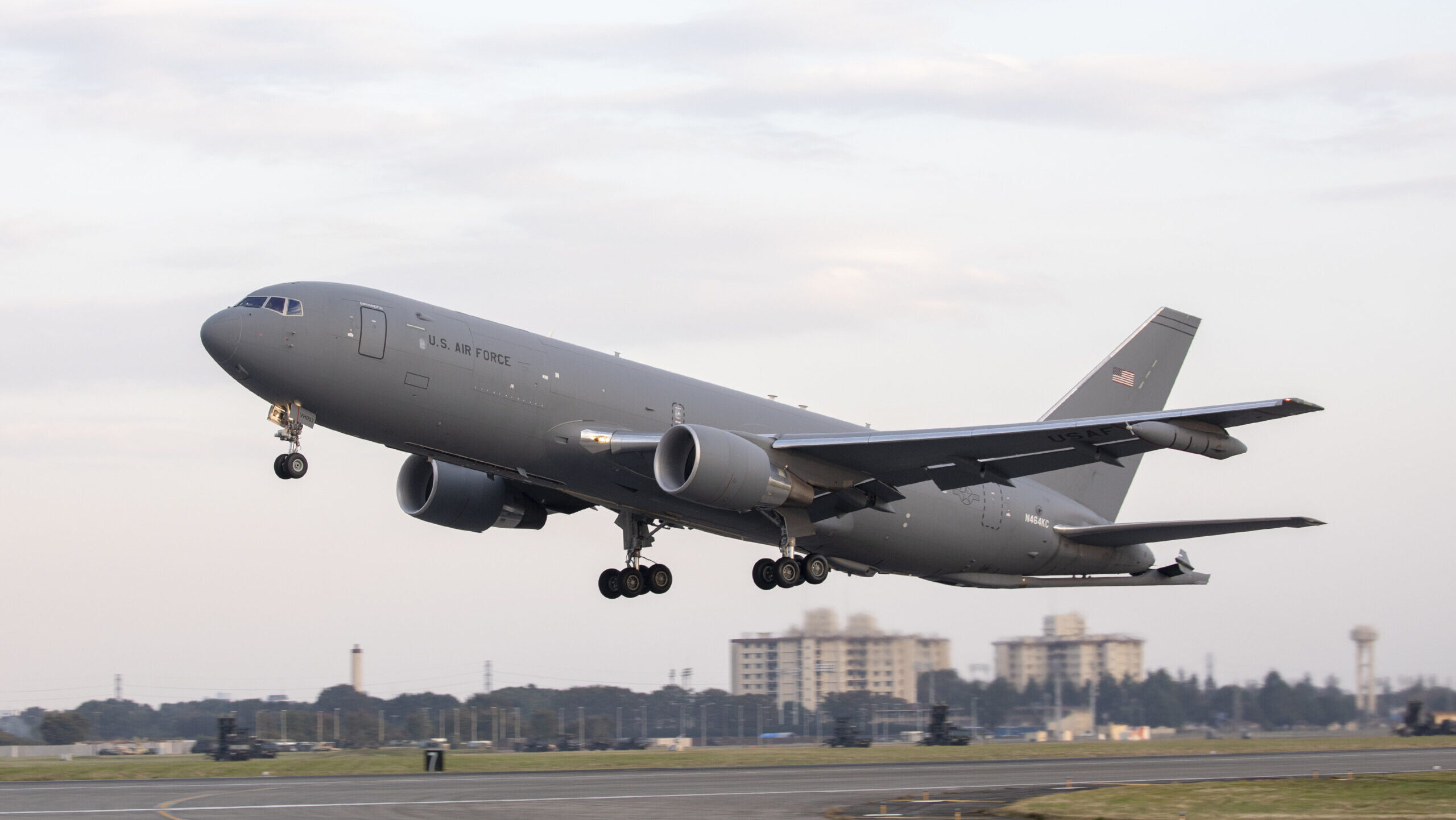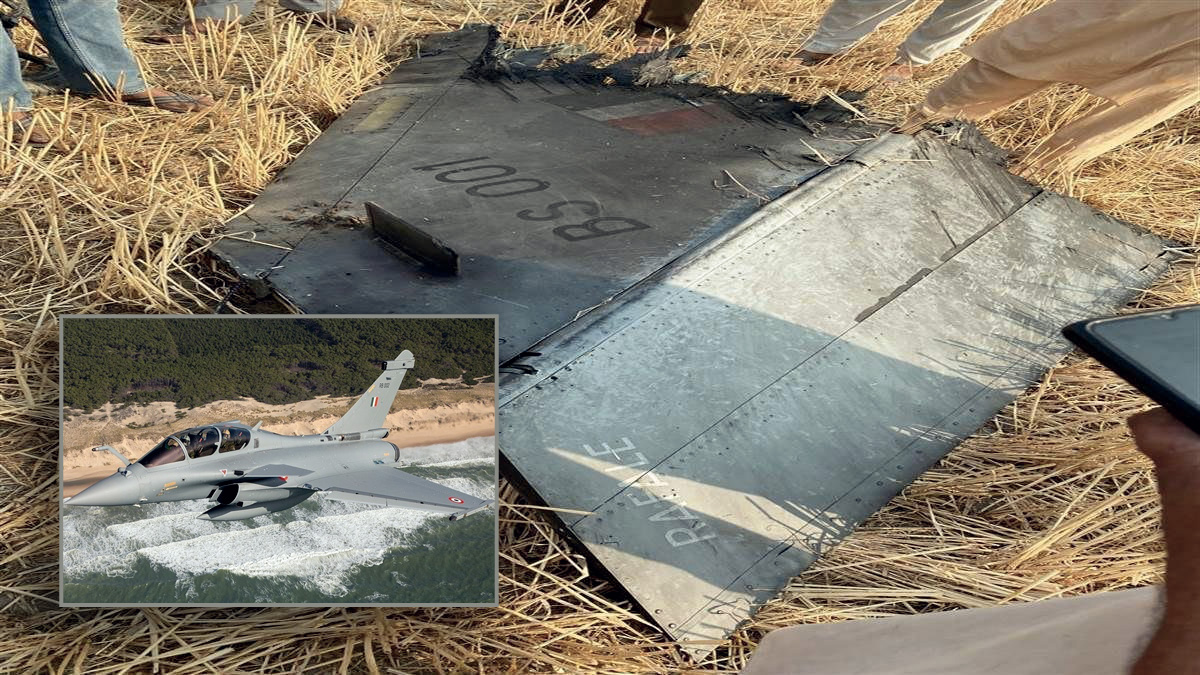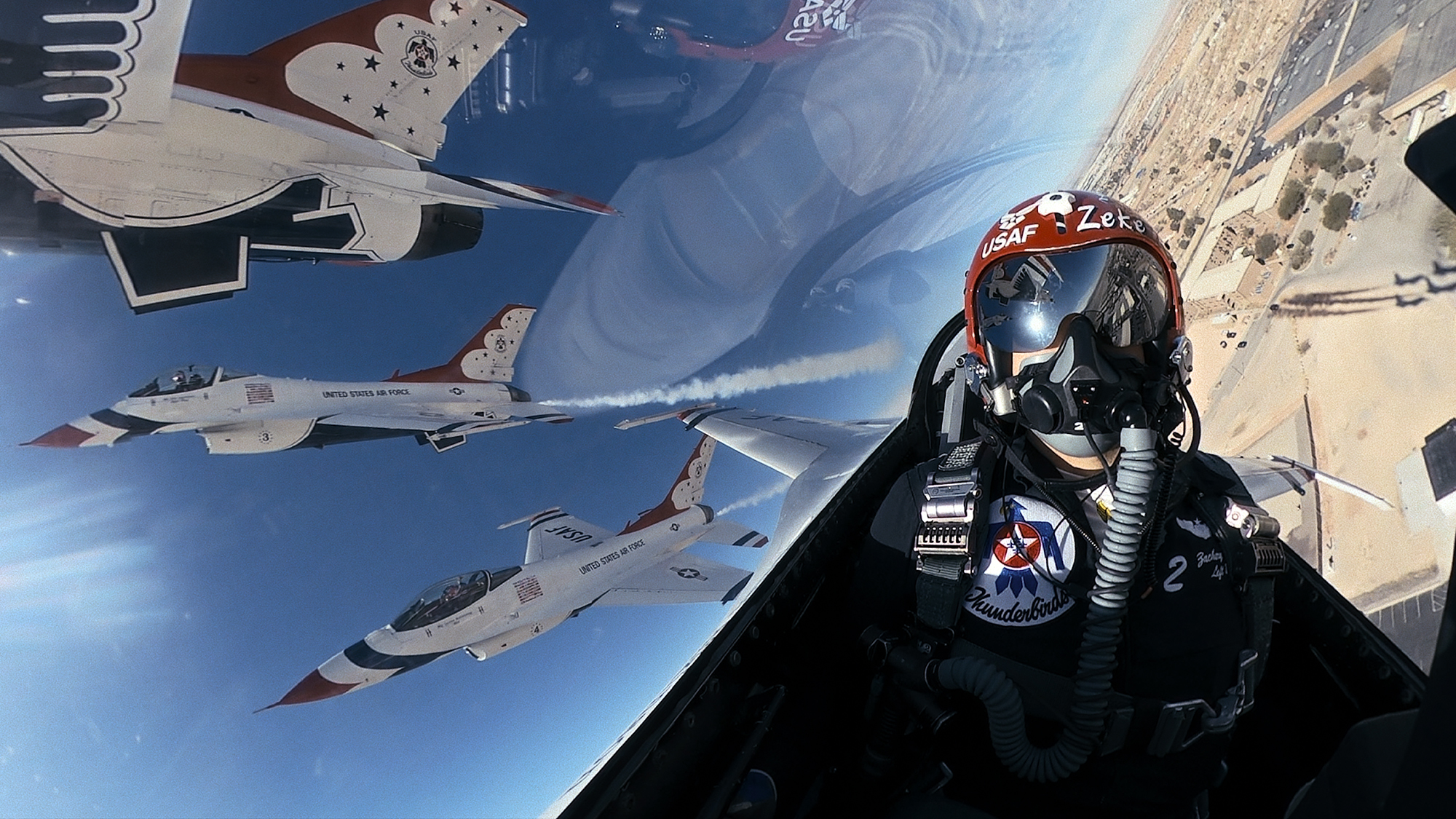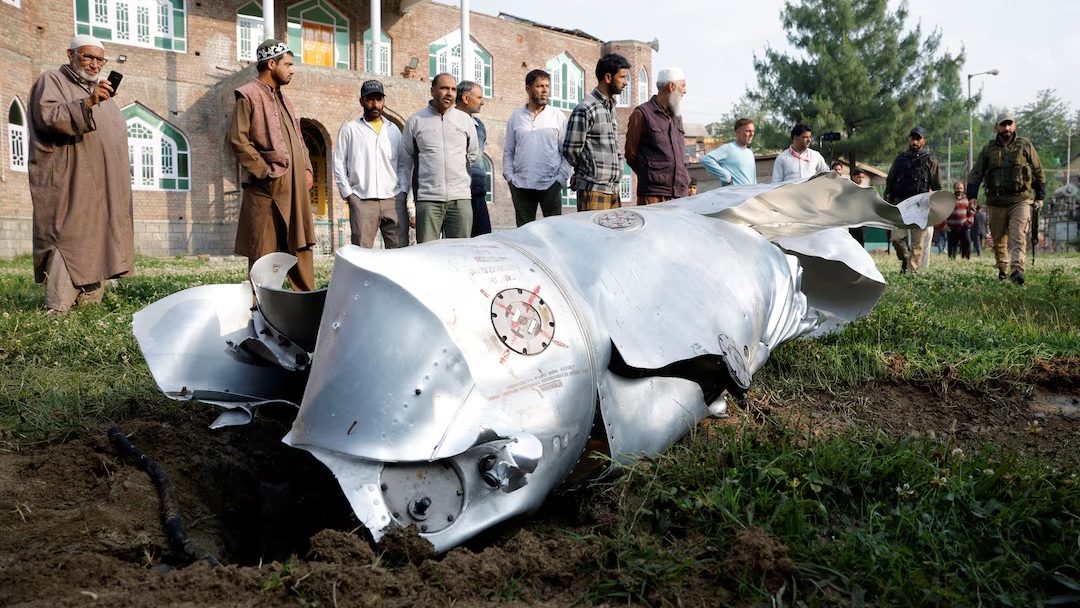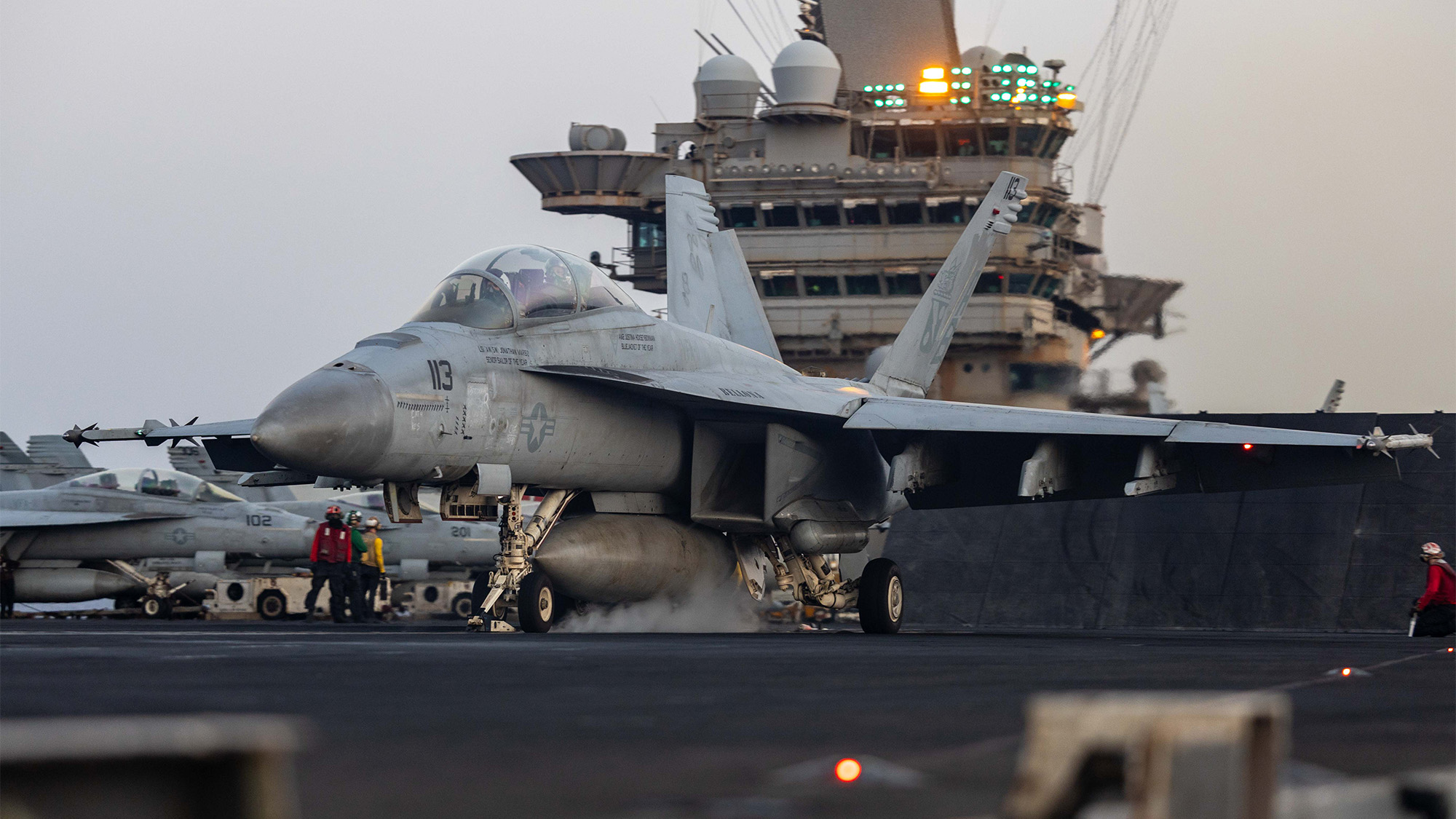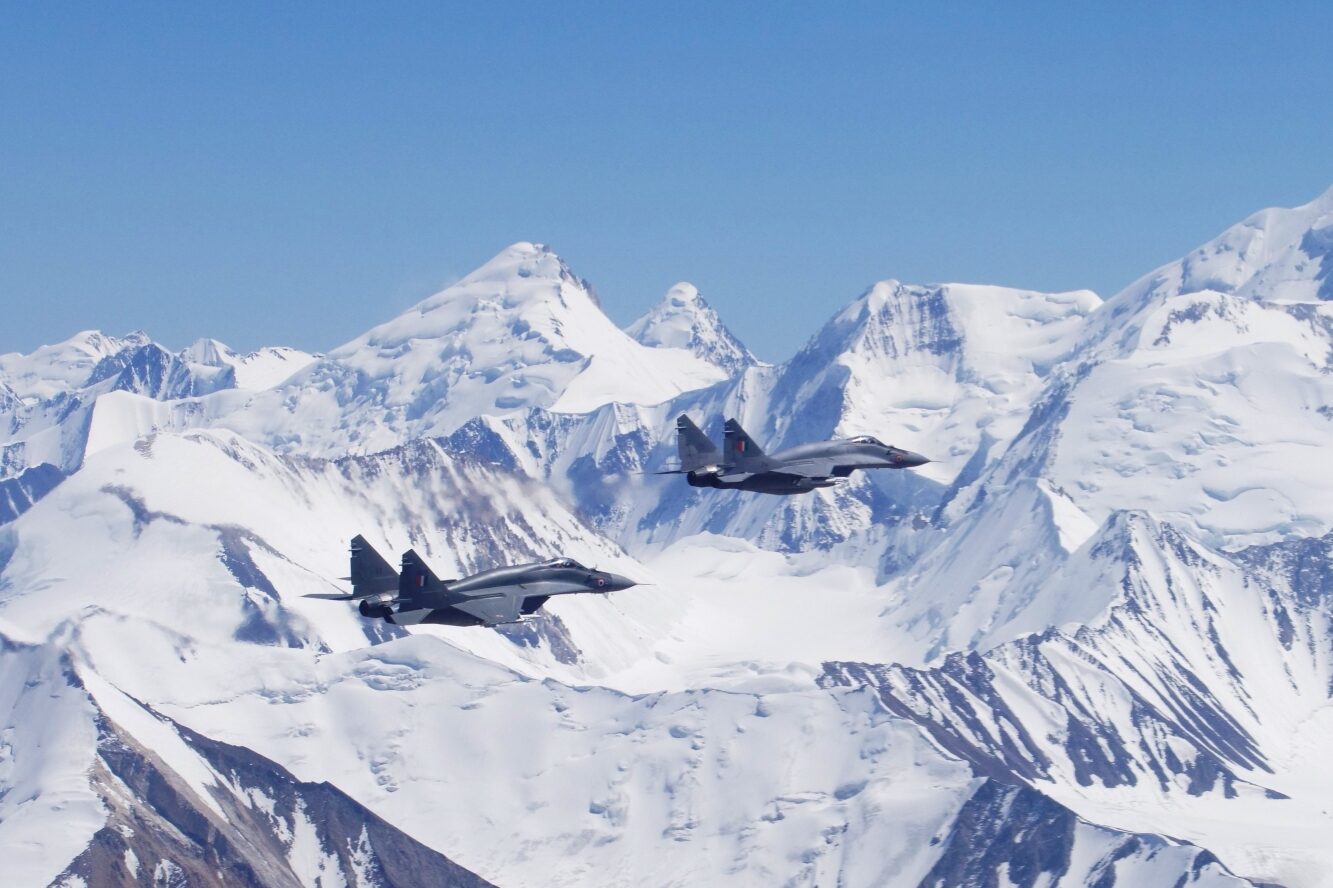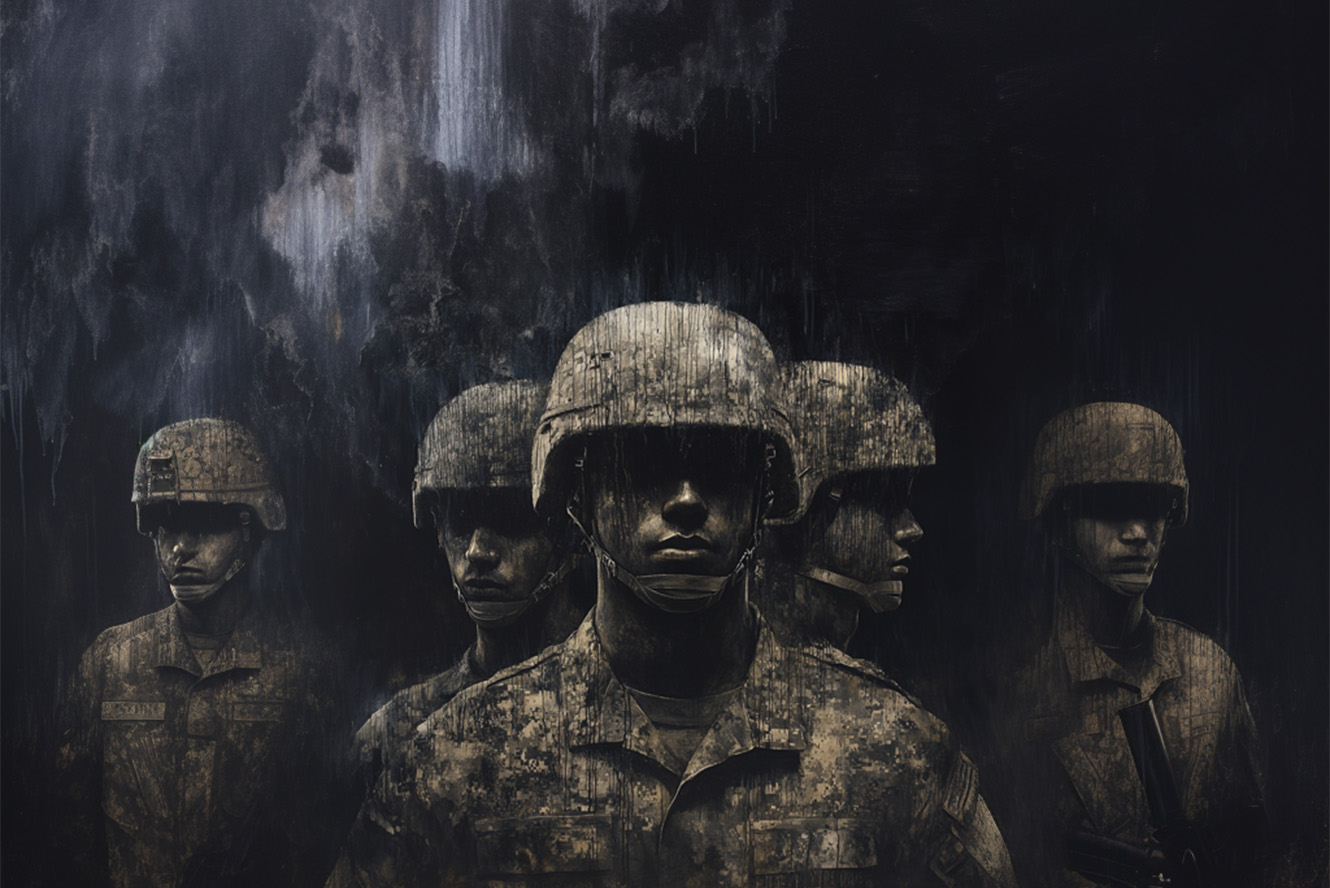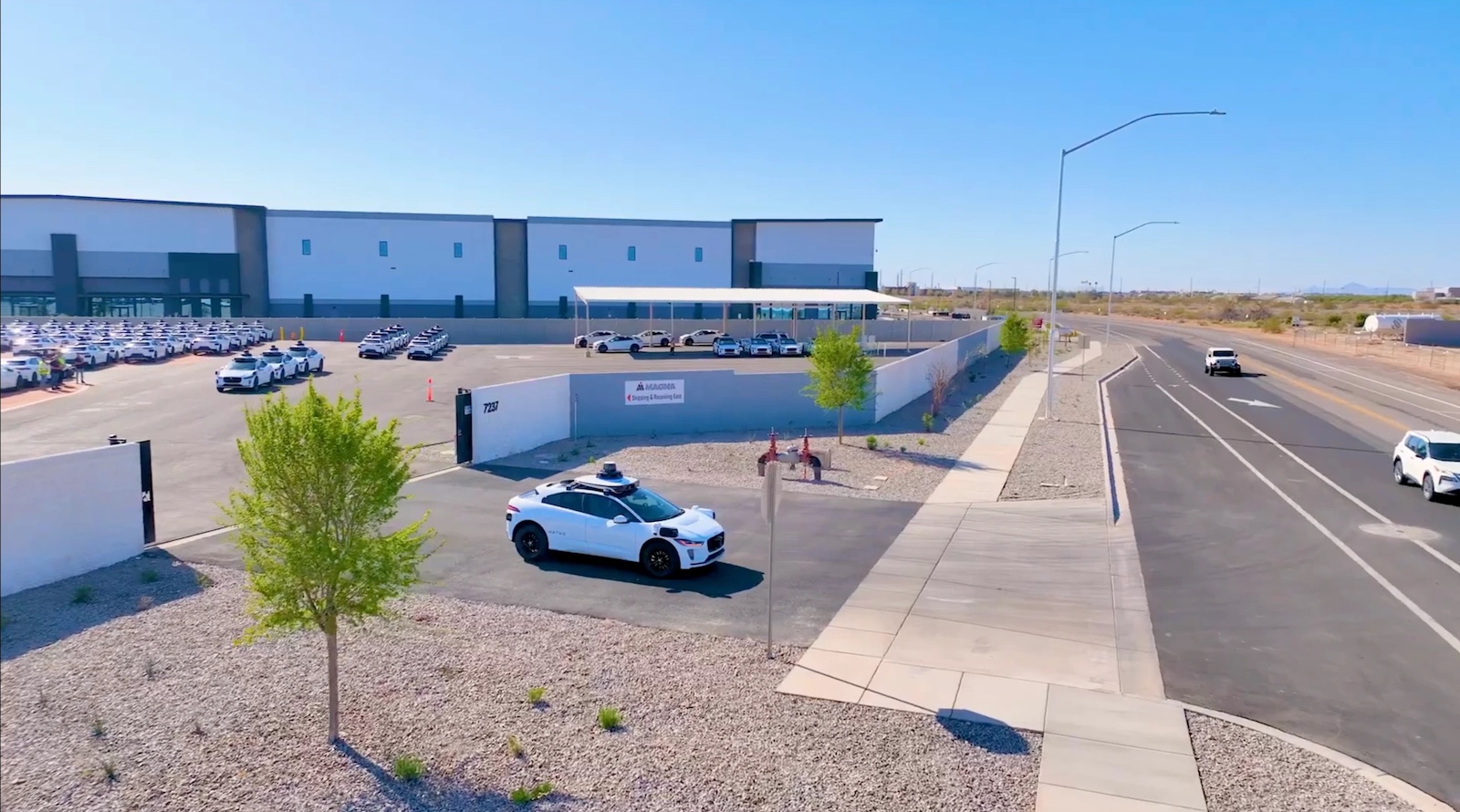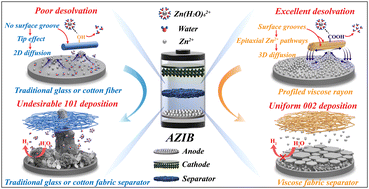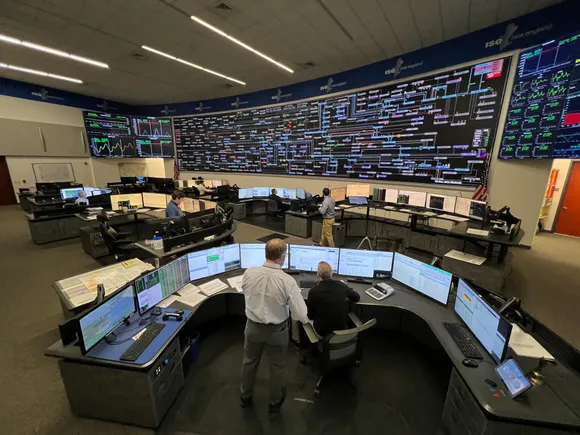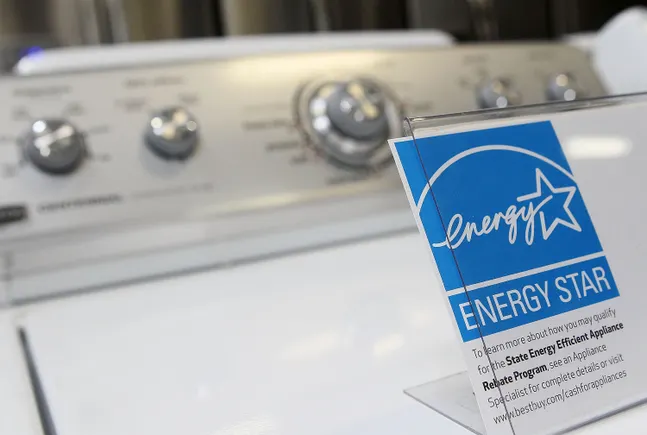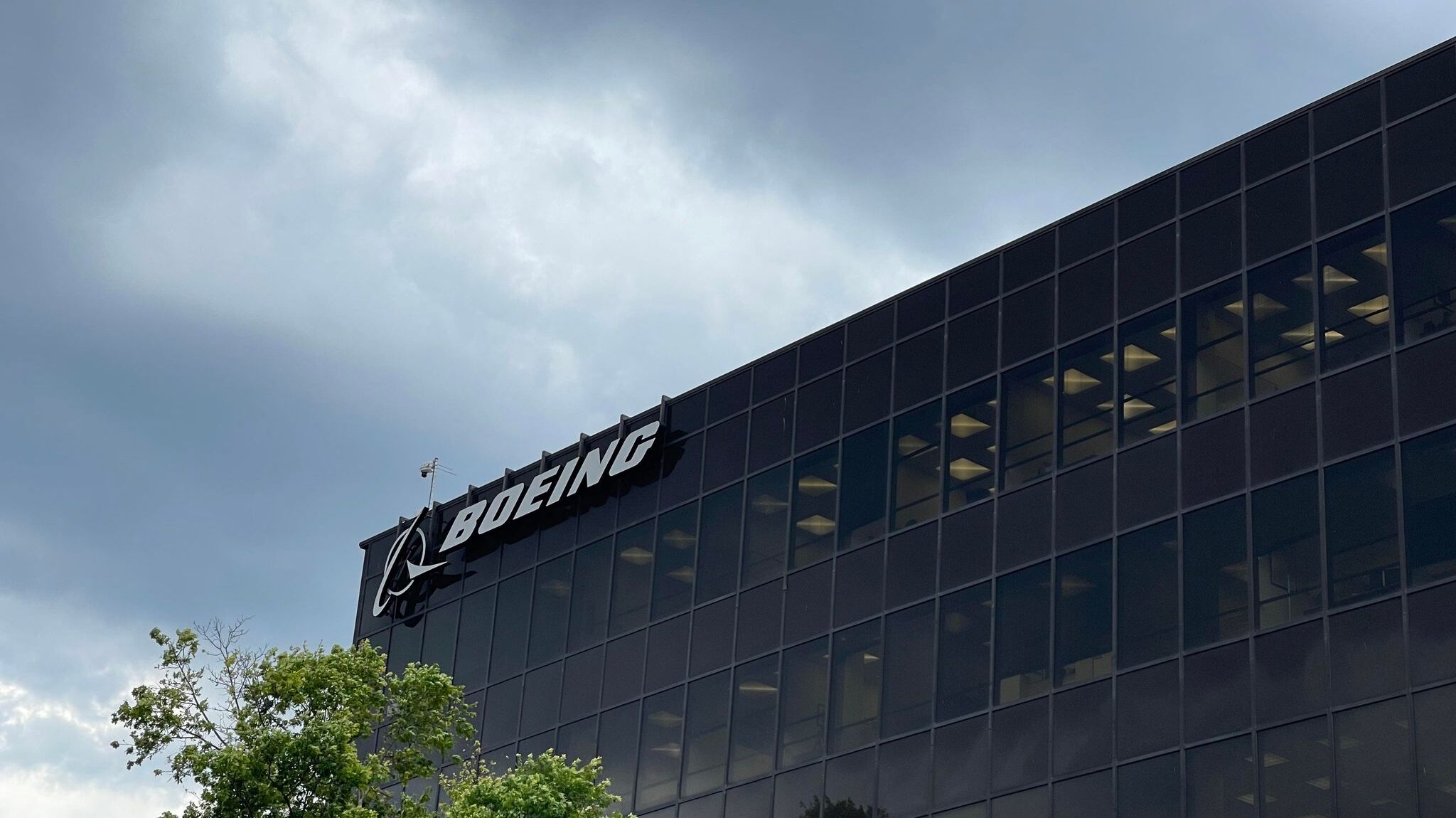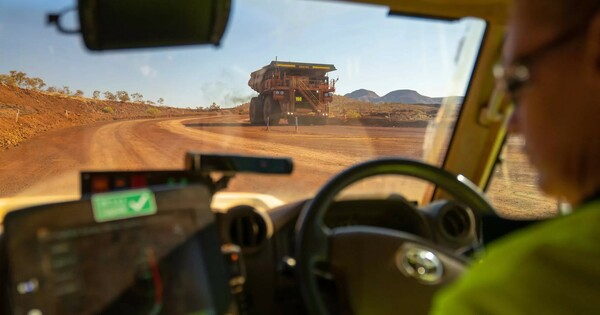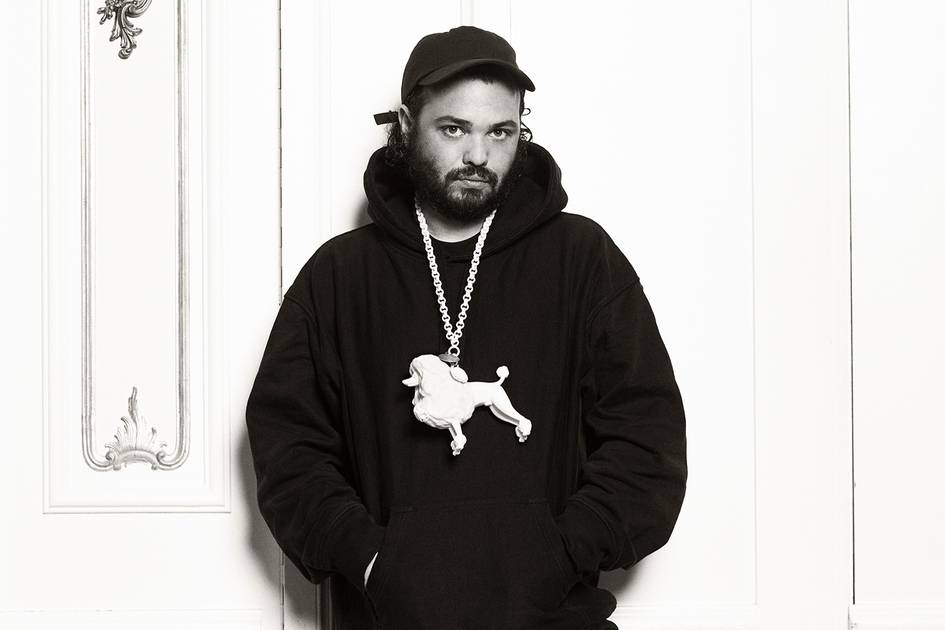Belgian defense minister: FCAS, GCAP 6th-gen fighter projects show Europe failing to integrate
“There’s [got] to be one European sixth-generation fighter jet, and then we can sell it to all the world. [That’s] not the way we’re doing it for the moment, and it’s very frustrating,” Minister Theo Francken said.


Minister of Defence and Foreign Trade Theo Francken is pictured during a session of the parliamentary commission for National Defense, at the Federal Parliament in Brussels, Wednesday 23 April 2025. (Photo by JONAS ROOSENS/BELGA MAG/AFP via Getty Images)
WASHINGTON — Belgium is satisfied for now with plans to buy additional American F-35 fifth-generation planes as part of a new military buildup, but the nation’s defense minister said today that it’s “very frustrating” that European nations insist on pursuing two separate sixth-generation fighter jet programs.
“Everybody’s talking about European defense, European defense integration, but when you see the biggest investment program for the next 30, 40 years on defense, it is sixth-generation fighter jets,” the defense minister, Theo Francken, said at an Atlantic Council event.
Francken said Europe did need to have an indigenous sixth-generation capability, but having two parallel programs involving a handful of separate countries isn’t the way to go. Weighing the development cost of two separate planes — which he put at €50 billion ($56.8 billion) — against the few hundred airframes of each expected to be sold means the cost is “just crazy; it’s enormous.”
“So [it’s] just an example to show we’re not there yet,” he said. “We need to integrate those two programs. There’s [got] to be one European sixth-generation fighter jet, and then we can sell it to all the world. [That’s] not the way we’re doing it for the moment, and it’s very frustrating.
“We need more European integration, more European collaboration, and have this an example? It is a really bad example,” he said. “We need to do better.”
He was referring specifically to the Future Combat Air System (FCAS) project that’s a teaming of German, French and Spanish governments and industry, and the Global Combat Air Programme (GCAP), a parallel project pursued by the United Kingdom, Italy and Japan. (Belgium, Francken noted, is an observer in the FCAS program, “but we have to decide before the end of the year [to fully join], and I’m doubting.”)
Those programs have been underway for years at this point, consuming large early investments, as Francken acknowledged.
“I understand, but this is not the way we have to go, sorry. And I will keep on saying it. They don’t like it maybe, but …” he said before trailing off.
Francken isn’t the first to raise the prospect of combining the two international programs; in January the prospect was raised by Guillaume Faury, CEO of Airbus, which is an industry partner for FCAS. According to Reuters, Faury said, “The governments that are working on FCAS and GCAP need to sit down at the point in time when they have a clear view on what is FCAS, what is GCAP, what they want to achieve … and see what they can do better together.”
A couple months later, however, CEO Eric Trappier of French plane maker and FCAS partner Dassault poured cold water on that idea, telling Flight Global, “There are those CEOs who focus on the work and those who focus on dreams.” (Trappier also resisted Belgium’s inclusion in the FCAS program after Brussels chose to purchase new F-35s rather than Dassault-made Rafale aircraft.)
For Francken, the discussion comes amid a much-needed one about Europe providing for its own security, what he said has been a consisten refrain from American presidents even if the current White House occupant has said it more bluntly than the others. For Belgium, that means living up to its historic obligations.
“I’m here to say Belgium is back on track,” he said, refering to Brussel’s recent commitment to hit the 2 percent GDP spending goal of the alliance. “I think that Belgium, we were founding fathers of NATO but we lost [that] part. And I think that we were not the best pupil to say the least, not the best pupil of NATO’s class the last 10, 15 years. … So we’re working on it.”

















